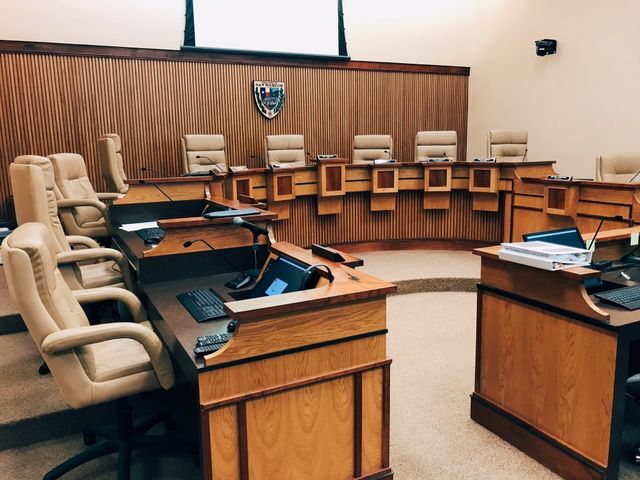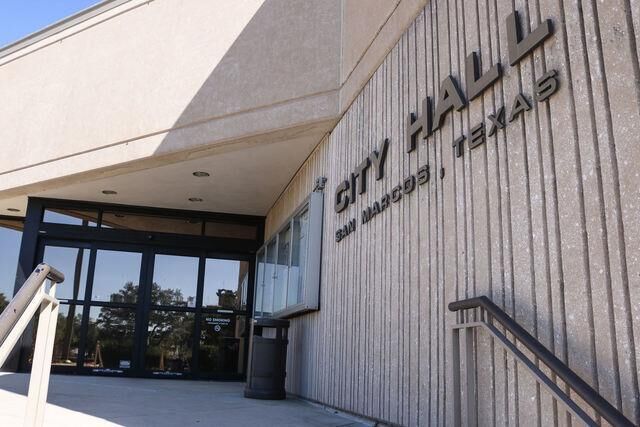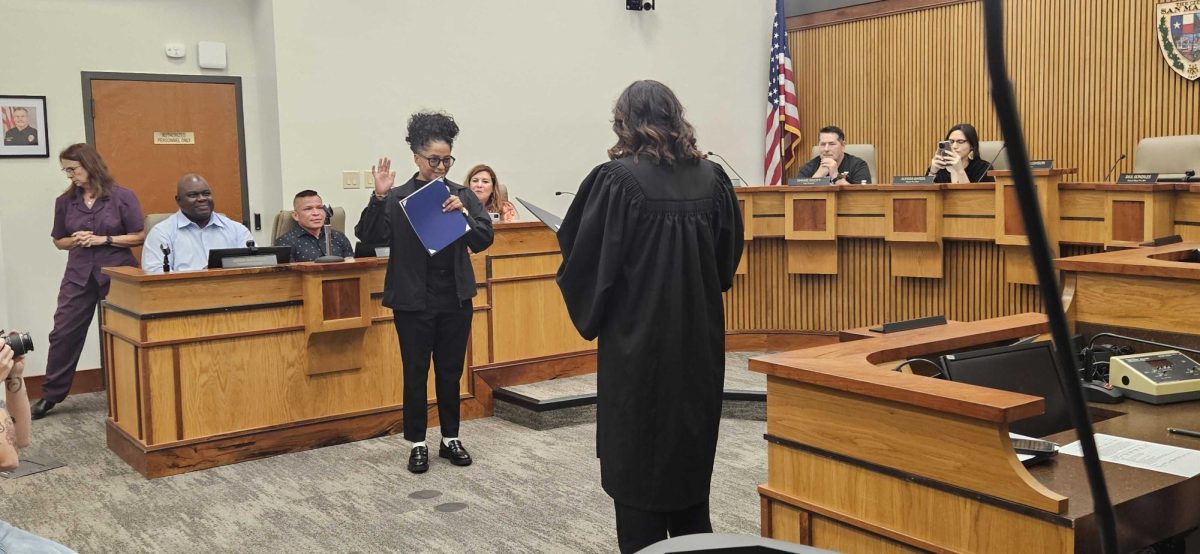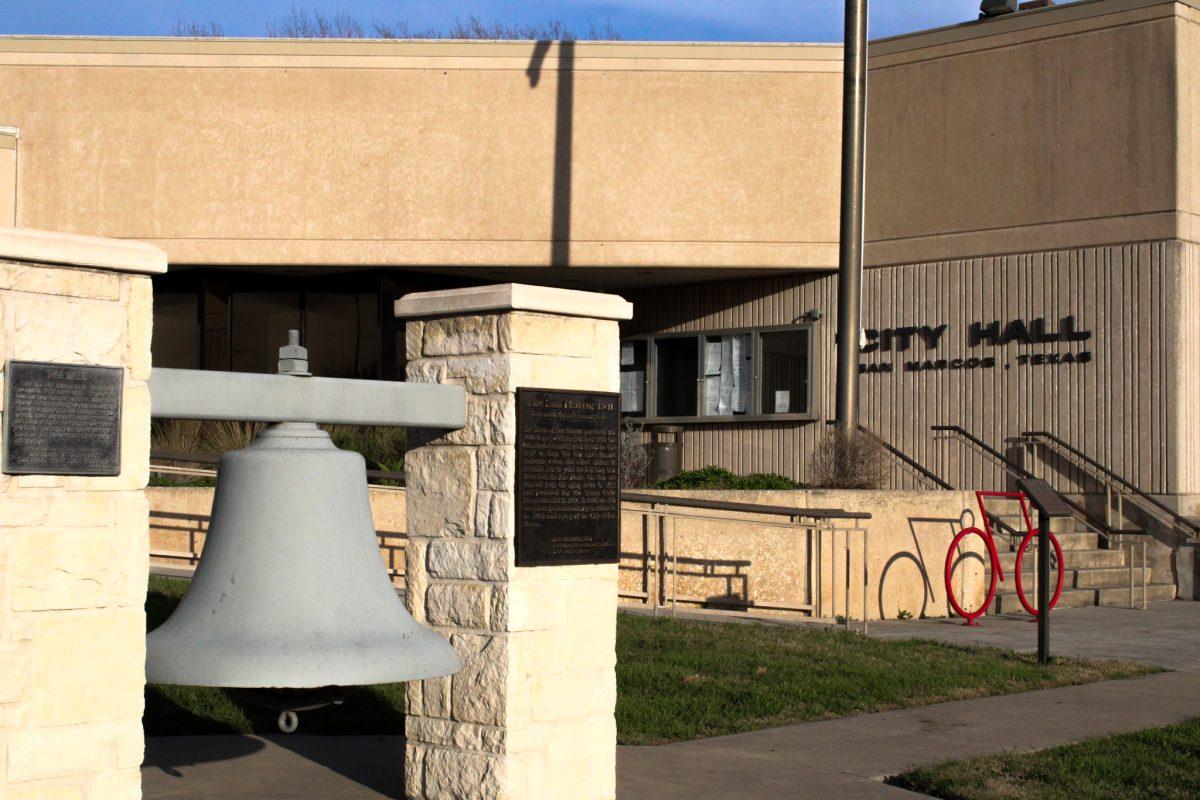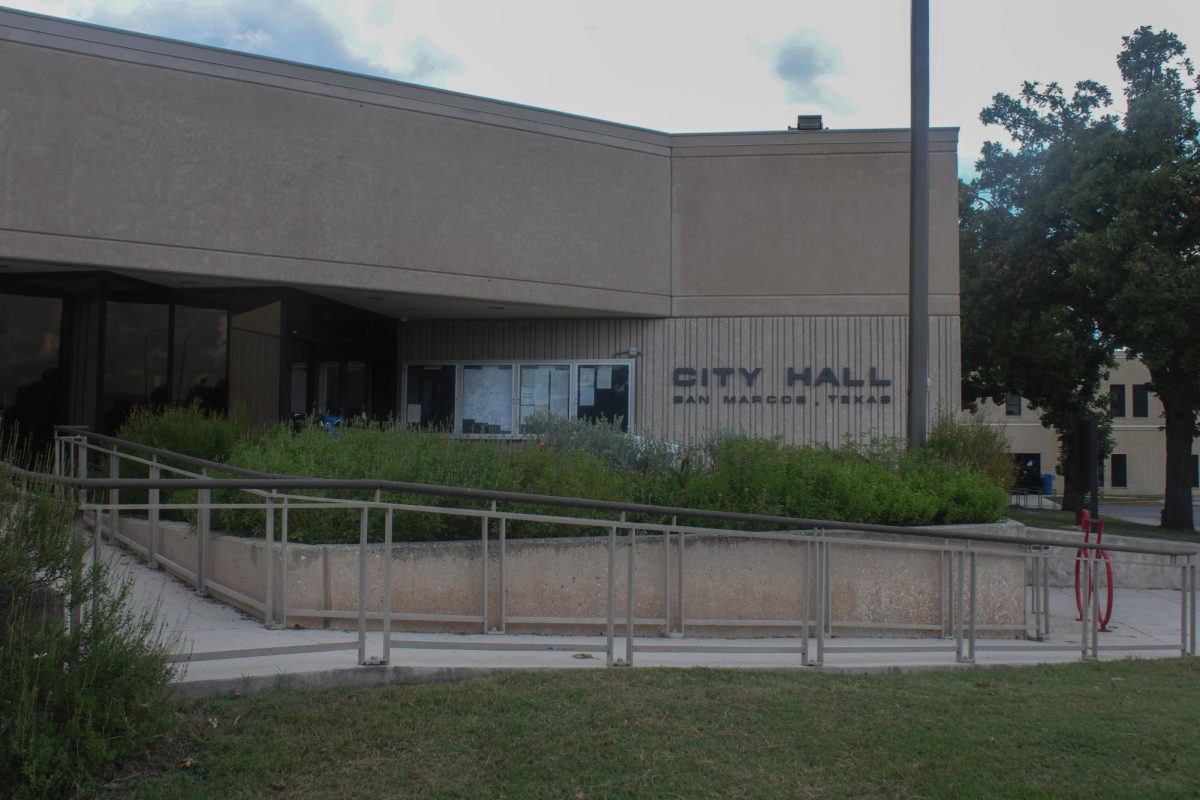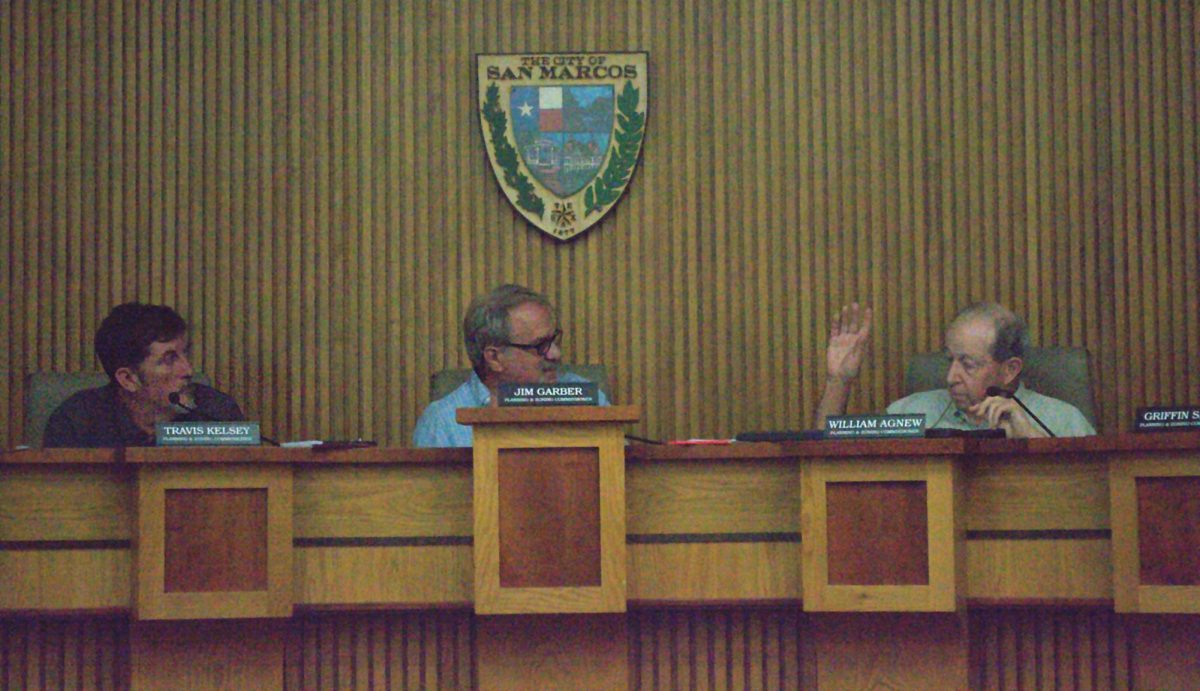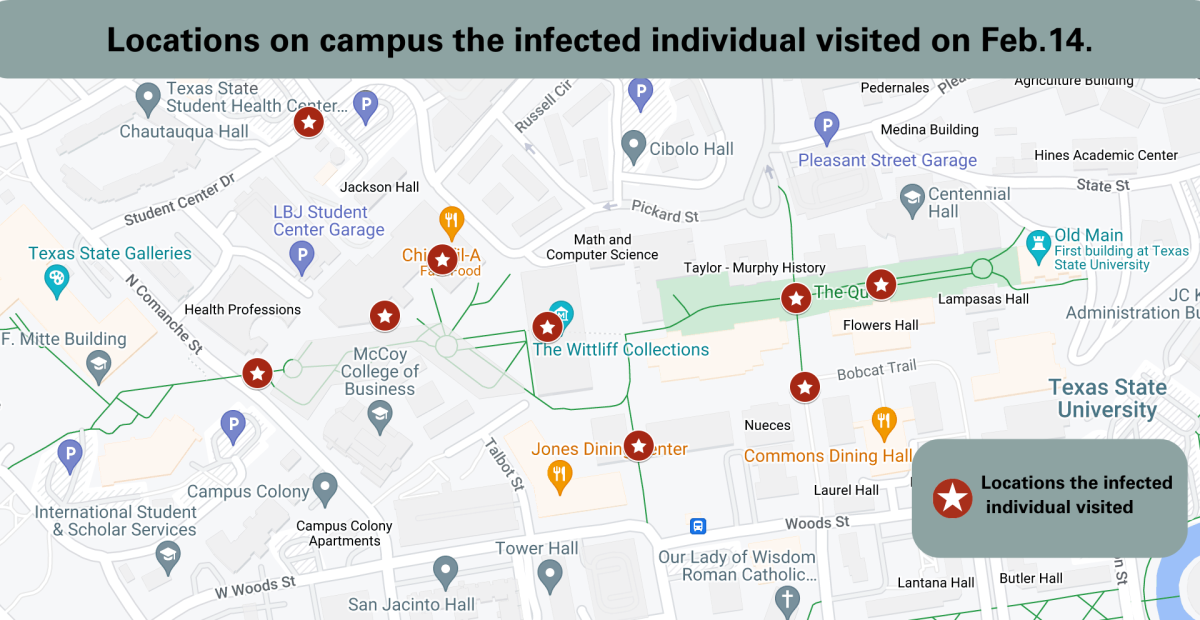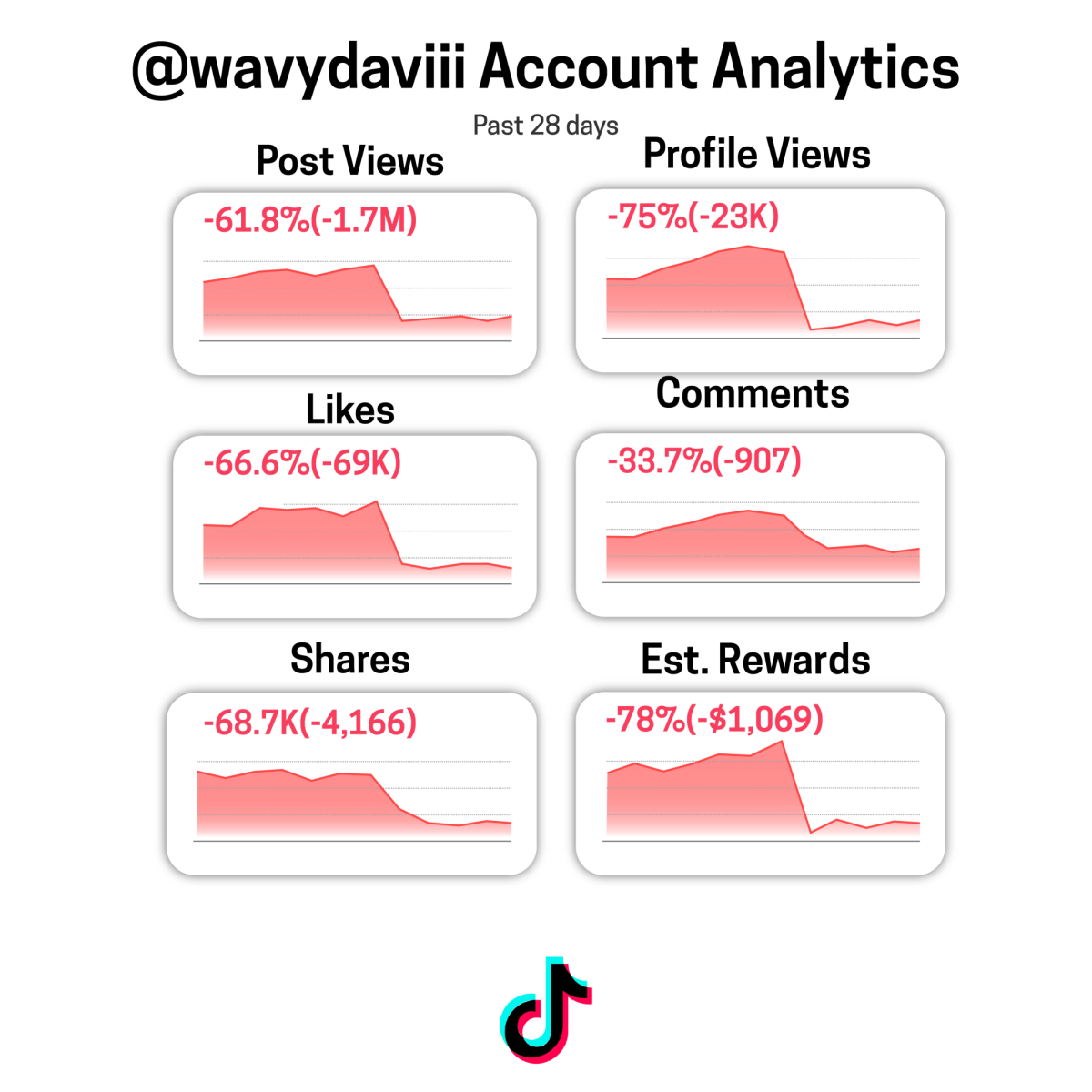The amount of litter has not decreased since the inception of the single-use container ban in San Marcos, according to several conservation groups in the community.
The Reuse at the River Ordinance, otherwise known as the can ban, went into effect on May 1 prohibiting glass or single-use beverage containers in designated areas around the San Marcos River and parks.
According to San Marcos‘ website, only reusable drinking containers are permitted along the river banks and in certain “No Zone” areas, among those is the San Marcos River and parts of City Park. Signs marking the designated “No Zones” and “Go Zones” are set up around the river and city parks to alert patrons of the rules.
Also under the can ban, there is a size restriction on ice coolers to 30 quarts per person on designated river and park areas.
Christina Lopez, grant coordinator of The Meadows Center for Water and the Environment and co-founder of the River Education and Stewardship Alliance said since it has only been two months that the ordinance is in effect, it is not shocking they haven’t seen any decrease of litter in the river.
“There actually has been a pop-up volunteer effort that goes out down to Rio Vista Monday mornings at 6:30 a.m. to help the park crews clean because there’s just so much trash left along the banks in Rio Vista,” Lopez said.
The group Lopez is referring to is The Eyes of the San Marcos River, a nonprofit organization that organizes river cleanup events and raise awareness on the litter issue around the river.
David Zambrano, education and outreach coordinator for Eyes of the San Marcos River said after Memorial Day and Independence Day weekend, the trash they picked up by the river went beyond beverage containers.
“It’s heartbreaking and obnoxious that people feel it’s more like a theme park and not a natural resource,” Zambrano said. “It wasn’t just cans and bottles, people were leaving behind clothing, footwear and food.”
Christie Murillo, marketing and outreach coordinator for the San Marcos Parks and Recreation Department said litter has always been an issue with more disposable beverage containers found each year. Reuse at the River is an effort to reduce that.
Rodney Gonzales, San Marcos assistant city manager, said during the ban’s first year enforcement will not be “heavy handed,” however citizens who fail to comply with the ban could be evicted from the “No Zone” they littered in.
“We are serious about the rules and so we’ve had that [eviction] happen from time to time,” Gonzales said. “We want folks to understand as soon as they know that they’re in violation of the rule and that they gain immediate compliance.”
According to the ordinance, violation of the can ban is punishable with fines up to $500. While Gonzales said the city is currently focusing on educating residents, they aren’t immune to fines.
Murillo said although it is difficult to estimate the amount of litter collected around the river, between May 17, 2023 and Sept. 12, 2023 litter boats carried between 900 to 1,600 cubic feet of trash.
“Last summer, our conservation crew who facilitates the moving of the trash and disposing of the trash from the litter boats were just constantly in the water removing the trash and coming back doing it over again,” Murillo said.
Virginia Parker, executive director of the San Marcos River Foundation, said the ordinance is a great first step in the right direction to combat the litter issue, but stressed the importance of improving enforcement and education.
“There’s a reason that people want to come to this river, it’s beautiful, it’s clean, it’s just a magical place to be and if we don’t treat the river with respect with regards to litter, that’s not going to be the case,” Parker said.
Lopez said with the ordinance now in effect there is hope to streamline the rules to include Texas State in order to improve the overall quality of the river for everyone.
“If we can streamline the rules and the policies throughout the San Marcos River corridor that will make the biggest impact because the rules will apply everywhere it will really reduce confusion and then hopefully we will see some changes,” Lopez said.





